If you’re serious about full-time RV living, the diesel vs gas RV question probably comes up a lot. I’ve met plenty of travelers who wonder if a diesel motorhome really makes a huge difference, or if a gas RV can handle the job just fine.
Pam and I have had both gas and diesel RVs and traveled tens of thousands of miles in each.
There’s not a one-size-fits-all answer, but breaking down the details really helps make a smart decision before dropping all that cash. I’ll cover what you need to know, using real insights from life on the road, so you get a feel for which RV style might work best for you.
Understanding the Basics: Diesel vs Gas RVs Explained
RVs that use diesel or gasoline engines come in all shapes and sizes, but the main difference starts with the engine. Diesel RVs usually sit in the Class A (big bus-style) category, but you’ll find diesel engines in some Class C models too. Gas RVs show up in plenty of Class A and Class C rigs. The main things that set these apart are engine type, power delivery, miles per gallon, and what it feels like behind the wheel.
Diesel engines pack more torque at low speeds, making them better for heavy loads and hills. They’re common in bigger RVs, especially those called “diesel pushers” (where the engine sits in the back). Diesel engines have a reputation for running a long time, and they often come with air suspension for a smoother ride.
Gas RVs use regular unleaded gasoline and are generally built on a truck or van chassis. They tend to cost less up front, and maintenance can be simpler since more regular mechanics can work on them. These rigs are popular among first-time RV owners and those planning to drive shorter distances without navigating big mountain passes.
Key Pros and Cons of Diesel RVs for Full-Time Living
Choosing a diesel RV really comes down to what matters most to you. Here are a few of the upsides I noticed on the road and a few things that could give you second thoughts:
- Longevity: Diesel engines are famous for lasting a very long time, sometimes racking up half a million miles if well maintained.
- Smoother ride: Most diesel RVs come with air suspension, making for a smooth experience even on bumpy backroads.
- Power for towing: Diesel rigs handle towed cars, boats, and even trailers with stuff like motorcycles better due to higher torque.
- Better MPG: Diesel RVs can achieve better miles per gallon, which is particularly helpful for long-distance travel or frequent cross-country trips.
But diesel RVs aren’t perfect in every way. A few common drawbacks:
- Price: The biggest surprise for some folks is the much higher upfront cost. Even older diesels can be more expensive.
- Maintenance costs: Diesel mechanics charge more, and parts cost more. Some routine work, like oil changes, can sting your wallet. Our yearly service fee was $750 – $1,000 annually.
- Availability of fuel and repairs: While diesel is common, in remote or super small towns, it may not always be as easy to find as unleaded gas or a regular auto mechanic. Diesel fuel is often more expensive than unleaded gas.
- Size and maneuverability: Most diesel RVs are big, so city driving, parking lots, or tight campgrounds may get tricky fast.
Key Pros and Cons of Gas RVs for Full-Time Living
I’ve owned a gas motorhome before and enjoyed a lot about it, especially at the beginning. Here’s what stands out for people living full-time in a gas-powered RV:
- Lower purchase price: Gas RVs are much more budget-friendly, making them a good entry point for many folks.
- Service and repairs: Finding someone to work on a gas engine is way easier just about anywhere you travel.
- Simpler mechanics: Gas engines are more straightforward, so even handy RV owners can do basic upkeep themselves. I would do the oil change service myself.
- Flexibility in size: There are more options in smaller lengths, which helps with campground access and daily driving stress.
There are also real tradeoffs to think about:
- Lower torque and towing capacity: A gas engine may struggle with heavy towing or steep grades, so this matters if you’re hauling a trailer or love adventures in the mountains.
- Fuel economy: Expect to fill up more often; the differences in MPG can add up quickly over long trips.
- Ride comfort: Most gas RVs come with leaf spring suspension, making for a bumpier ride, especially on rougher routes.
- Engine longevity: Gas engines generally don’t last as long under heavy loads, especially with nonstop cross-country trips.
Real World Costs: Ownership, Operation, and Repairs
Anyone full-timing in an RV learns pretty fast that the price tag on the rig is just the beginning. Breaking down the big picture, here’s what really affects your wallet down the line with both diesel and gas RVs.
Purchase Price and Depreciation
Diesel RVs cost a lot more up front, sometimes double or triple the price of a similar gas RV of the same year and length. While they hold their value better over time, your first big chunk of spending comes right at the beginning.
Gas RVs lose value a bit faster, but the sticker shock upfront is definitely lower. This makes them easier to trade up or sell, especially if you decide your RV choice was not right for your full time RV lifestyle.
Fuel Economy and Long-Term Costs
Diesel fuel is nearly always more expensive per gallon, but diesel engines can sometimes get up to 30% better miles per gallon, depending on driving style and rig weight. If you’re planning to put thousands of miles a year on your motorhome, this does stack up and can eventually make the diesel savings worth it. Just check your math based on how much you plan to travel.
Gas engines generally get fewer miles per gallon, depending on the RV’s weight and driving style, so road trips and relocations cost more each time you fill up.
Maintenance and Repairs
Routine service like oil changes on diesel engines costs more, and hiring a certified diesel mechanic can mean a bigger bill for labor and parts. That being said, diesel engines usually require those big-ticket repairs less often, as long as you’re taking care of regular maintenance.
Gas engines offer plenty of places to get things fixed. Most town mechanics can handle oil changes, tune-ups, or smaller repairs without specialized knowledge, keeping costs lower and reducing travel time for emergencies.
Other Ownership Costs
Insurance, tires, and motorhome registration fees can vary by RV class and state, so it’s worth calling your insurance company for a quote before jumping in headfirst. Some insurers see diesel pushers as luxury vehicles, and that can mean higher rates.
Comfort, Lifestyle, and Everyday Living on the Road
Choosing between diesel and gas RVs is not only about the technical stuff. Real comfort, storage, and usability matter a lot when an RV is your daily home. I spent years in both types, and these are the big differences that show up once the “honeymoon phase” wears off:
Space and Storage
Diesel RVs are usually bigger, not just in cab space but in exterior storage bays called “basement storage.” This is super useful if you are hauling kayaks, camping gear, or workfromtheroad supplies. Gas RVs can be more limited on storage, so you need to be smarter about what comes along for the ride.
Noise and Driving Feel
Diesel engines generally run quieter, especially in diesel pushers, where the engine is behind the living quarters. In a gas RV, you’ll often hear the engine working hard up front, especially on hills or when merging onto highways. This makes a difference if you spend a lot of time driving or if you want to keep video calls quiet while parked.
Heating, Cooling, and Energy Needs
Larger diesel rigs usually come with better home-grade climate systems, including quieter air conditioners and larger water heaters. Some diesel RVs even have hydronic heat, which is a really comfortable way to stay warm in winter.
Gas RVs often feature furnace-style heaters and standard rooftop AC units. They work great most of the time, but the smaller systems can feel stretched thin if you’re in extreme weather for weeks.
Who Should Choose Diesel or Gas for Full-Time Life?
This is where it gets personal. Talk to veteran RVers at a campground, and every story will sound a little different. Here’s what I noticed about who really benefits from each engine choice:
- If you plan on towing a car, boat, or trailer and want the most storage space possible, a diesel RV usually makes life way easier.
- Full-timers who work from the road, spend months at a stretch in one place, or want an RV for the long haul often appreciate the comfort and durability found in diesel rigs.
- If you’re budget-focused, prefer shorter trips, or want an easier time dealing with breakdowns in unknown towns, gas RVs are really practical and rarely leave you stranded.
- Big road warriors, like those who plan to cross mountain ranges or dream of seeing every state, often end up favoring diesel for reliability and fuel savings over the long run.
If you’re still not sure, renting each type for a week is worth the investment. Experiencing the ride, the sleep, and the living space tells you a lot you won’t find in a brochure. Also, don’t hesitate to talk with owners at campgrounds or RV parks; real-world stories can be eye-opening and give you valuable insight into long-term use.
Frequently Asked Questions
Which is cheaper to own in the long run, diesel or gas RVs?
Diesel RVs cost more upfront and to service, but the engines last much longer and may save fuel money over time if you travel miles year-round. Gas RVs are cheaper to buy and fix, but they use more fuel and need to be replaced sooner. How much you travel and your budget make a big difference.
Can I tow a car behind any RV?
Most RVs can tow a small car, but diesel models are much better suited to tow heavy loads regularly. If you want to bring a trailer or big toys, diesel usually makes things less stressful.
Are diesel RVs always bigger than gas RVs?
Not always, but many diesel rigs are larger due to the heavier chassis needed for the engine. There are some small diesel Class C RVs, but if you want something shorter than 30 feet, gas is more common.
Is maintenance for diesel engines really so much harder?
It’s not necessarily harder, but it can be more expensive, and you may need to hunt down a shop that handles big trucks or buses. Gas engines are easier to find service for in smaller towns.
Does diesel fuel go bad faster than gas?
Diesel does have a longer shelf life compared to gas, but the difference is only noticeable if your RV sits parked for months at a time. Keeping the fuel treated or running the engine every so often helps either way.
Making Your Choice for Full-Time Adventure
Comparing diesel and gas RVs for year-round living is a balance between comfort, cost, and the kind of travel you dream about. Gas RVs bring flexibility and lower costs, while diesel offers durability, towing power, and luxury. Watching RVers on the road, it’s clear that both styles bring plenty of adventure and comfort, as long as you set clear priorities.
Check out RV rental companies, talk with real owners, and always ask for maintenance records if you’re buying used. Your future home on wheels should fit your wallet, your travel style, and your daily priorities. Feel free to check out more tips and guides from real full-timers or ask questions in the comment section below to get the latest on living the RV life every day.
For more on full-time RV living, visit my resource site. Browse all-in-one guides, helpful tips, and community stories to help you along your adventure. If you have more questions or want to share your story, drop a comment below!
Do you want to run a business while traveling full time in your RV? Check out achievewithhoward.com!

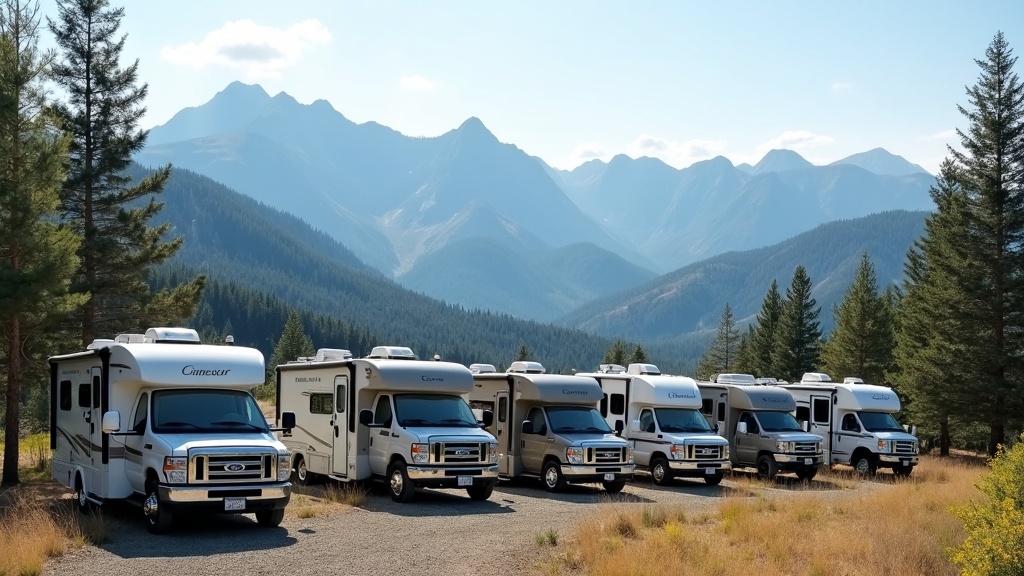
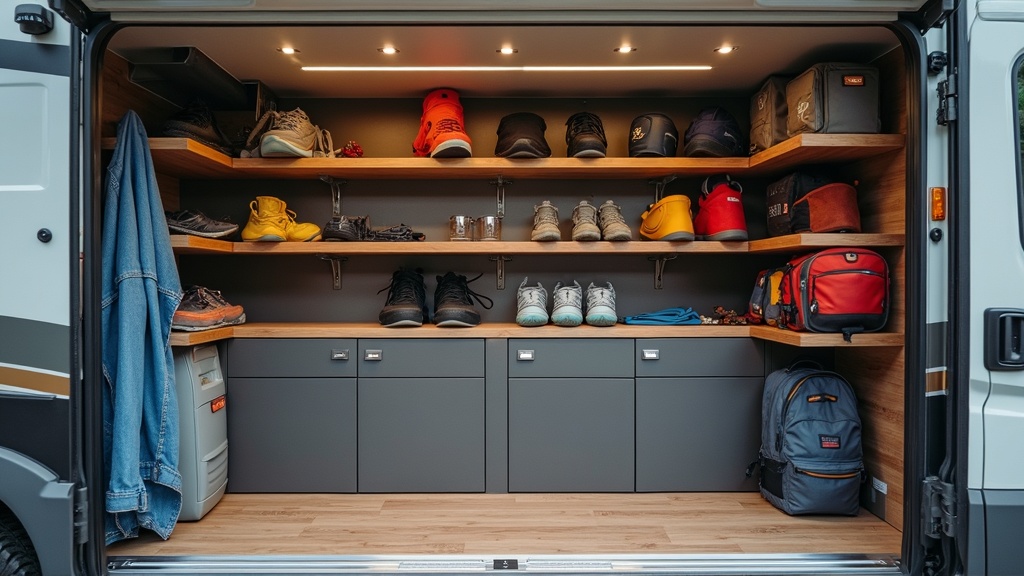
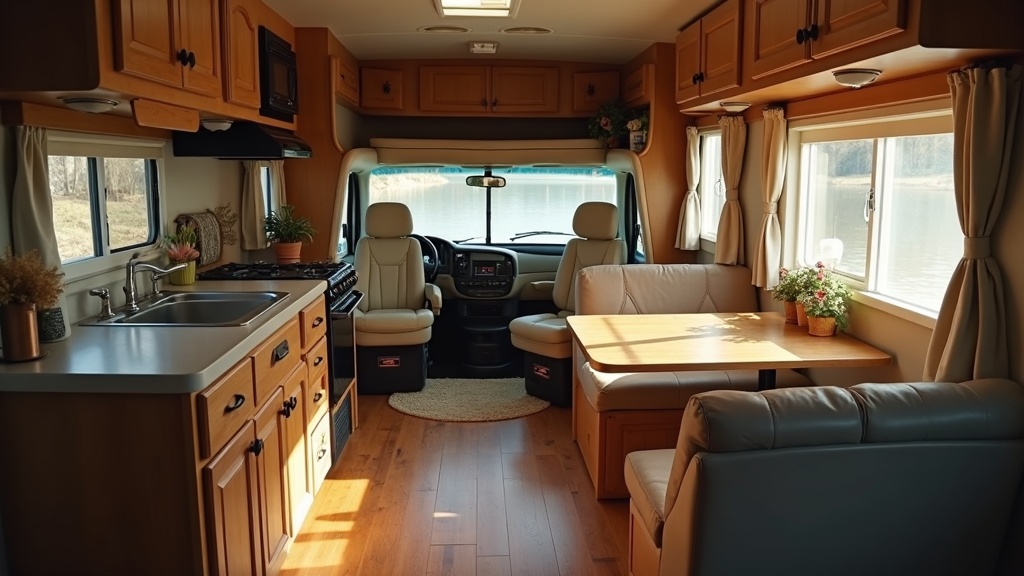
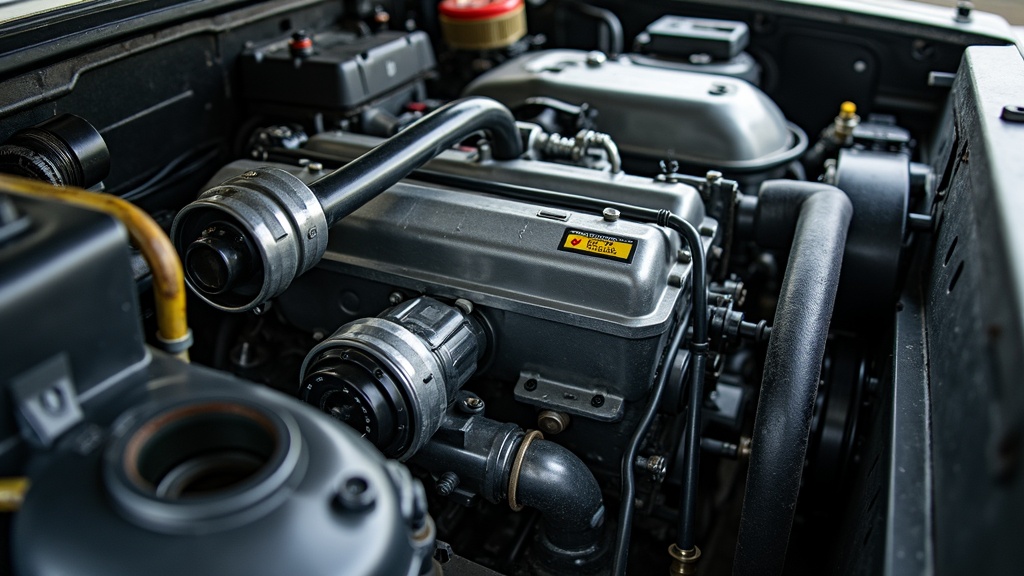
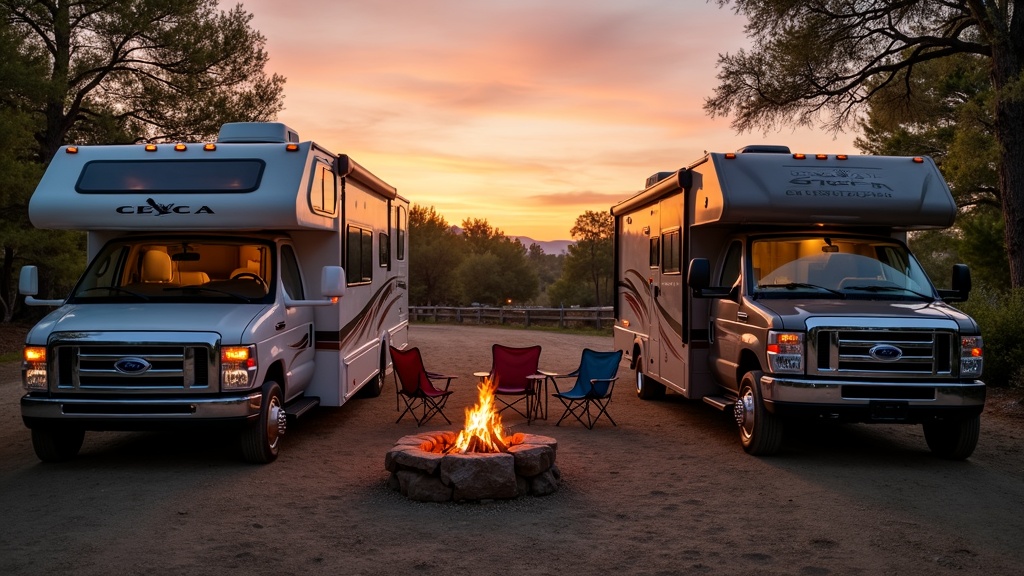


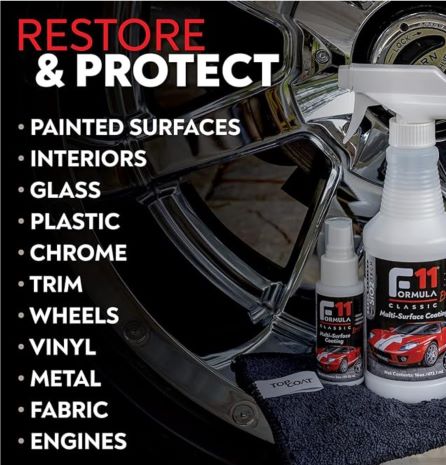




Recent Comments